Nigeria Elections: Borno Residents Go To The Polls “Unhappy And Unsatisfied”
Maiduguri residents tell HumAngle how the current cash crunch could influence attitudes towards the coming elections. They say people are angry and in pain.
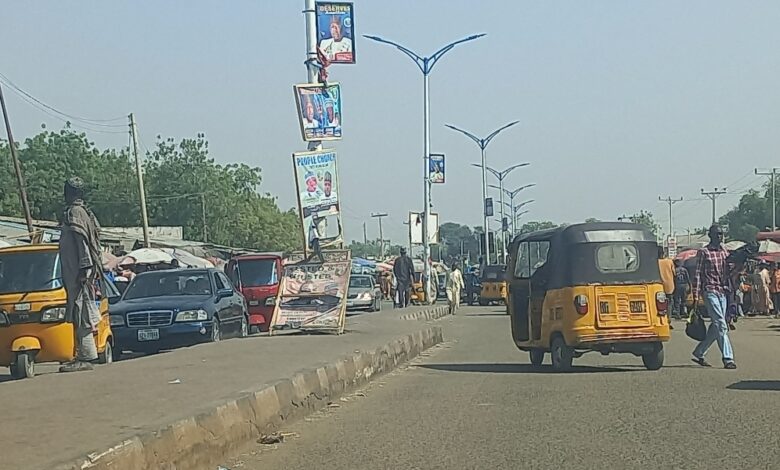
The current scarcity of cash and fuel means residents of the Borno state capital in Northeast Nigeria are going to the polls “unhappy and unsatisfied”.
“People are in pain,” one voter told HumAngle.
Nigerians vote to elect a new president and members of the National Assembly, the first phase of the general election, on Saturday, Feb. 25.
In Borno state, INEC said it has 2,513,281 voters expected to participate.
But with the contentious currency swap that has plunged many of the over 200 million Nigerians into economic crisis, some have begun to doubt if many of the registered voters in Borno would vote freely or willingly.
Speaking with some people in the streets of Maiduguri, the Borno State capital, HumAngle heard from residents responding to the fresh economic hardship and how it could impact their participation in their civic duty.
Sunday Samuel, an electronic engineer at Shagari Low-Cost estate of Maiduguri, said the situation in the country had been a significant source of “discouragement” for him and many voters.
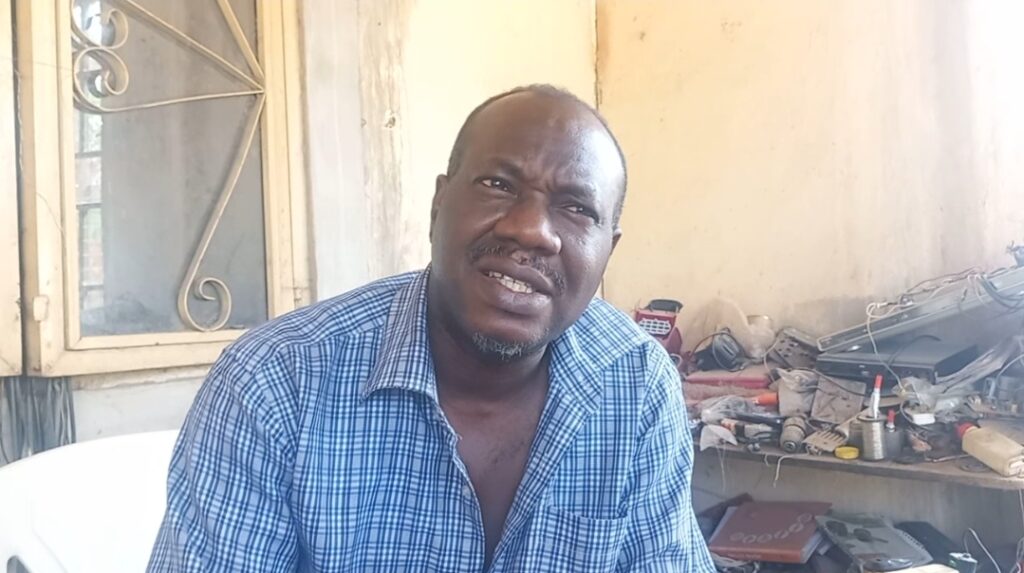
“A serious government would have done something about these scarcities (of fuel and cash) long before the elections.”
“People are unhappy, and when unsatisfied, you don’t expect their full participation. People are getting hungrier, people are in pain, and you are talking about elections. The government ought to have found a way of reducing the pain people are going through because there are lots of excuses now, more than ever before, for them not to participate.
The electronic engineer, who is in his mid-fifties, had worried that rather than making things better during the countdown days of the election, “the government watches people crying, and it refuses to listen to their cries.”
Mr Samuel said just like it would be the case for him, people might go out to vote, and even when they do, they may not be happy voting.
No Fuel
Elizabeth Ameh, a civil servant at the university of Maiduguri, said the situation in the country does not inspire her and many Nigerians to be enthusiastic about the coming election. But, she said, it wouldn’t stop her from going to vote.
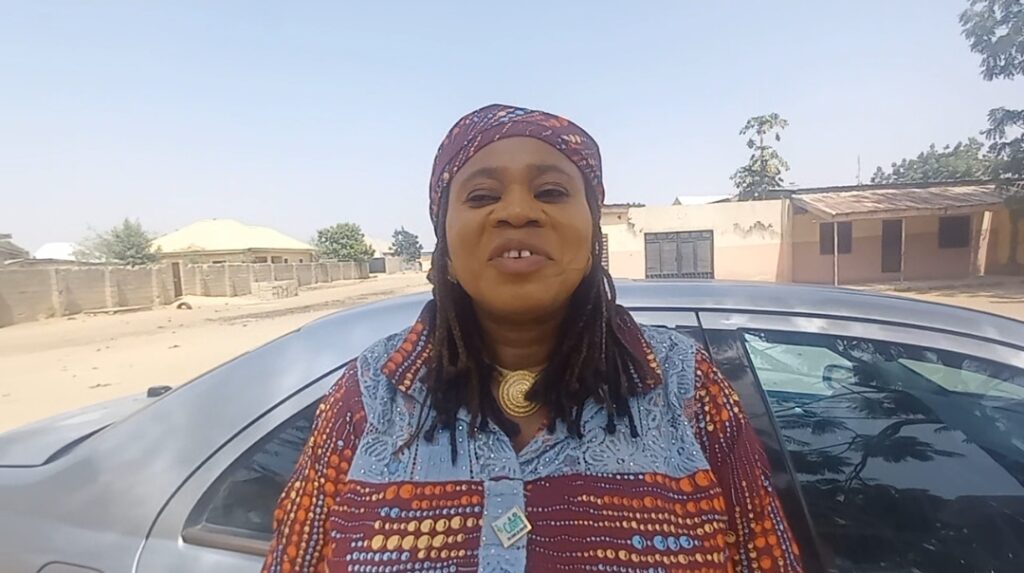
“Things are now tougher for ordinary Nigerians,”. she said.
“I’ve been trying to get just one thousand naira for days now, and I’ve been unable to lay my hands on it. Should we talk about the worsening fuel scarcity? I’ve parked my car at home for two weeks because there is no available fuel to buy unless you spend days in endless queues at the filling station and I can not struggle with men there.
Ms Ameh said her biggest worry is the lack of cash to enable her to stock up on her house before the elections.
“One does not pray for anything bad or unexpected to happen but needs to prepare for eventualities,” she said.
“Very wrong”
Kiman Mubi, another Maiduguri resident, said he would be participating in the coming election even though he is not pleased with the situation in the country.
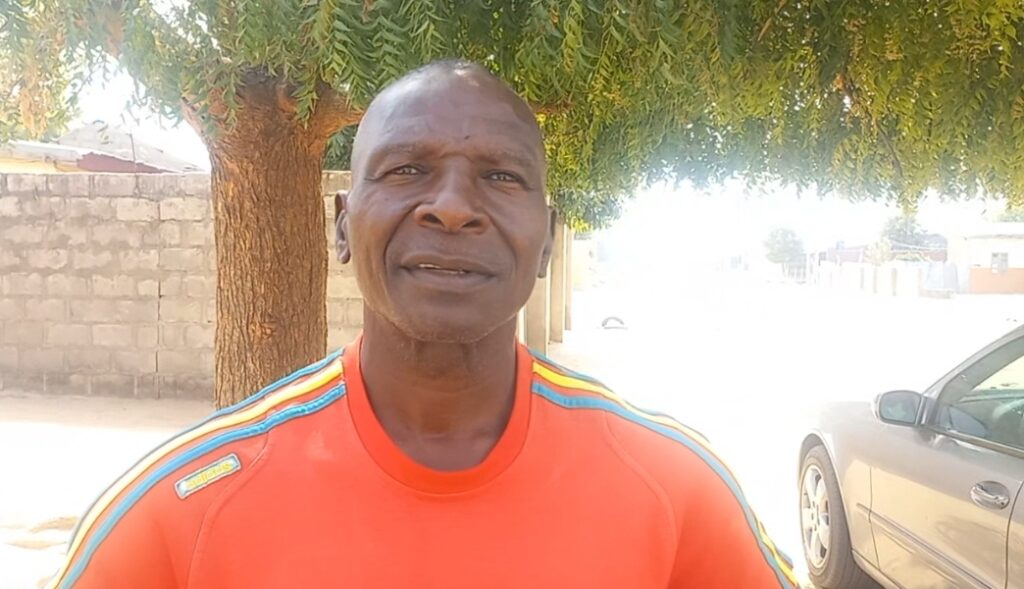
“The election comes at a time that is very wrong,” he said
“Nigerians have expected that by now; the government should have put measures in place to cushion the pains we’ve been passing through; instead, it was even worsening. Under this situation, it will be tough for everybody to participate in the elections as expected.”
He said the difficult situation would divide people into two types;
“Those who want and care about the change of government and improved welfare would go out and vote, but those who have given up on the system and don’t care who wins will comfortably remain at home and won’t vote,” he said.
Saving transport
But for Malam Williams, a retired civil servant, though he acknowledged the difficulties caused by the scarcity of cash, he is still prepared to travel to his village to participate in the election.
“I know things are challenging for people these days, but I still have to travel to my village in Askira Uba to vote,” he said.
Asked if he intends to do that amidst the current situation of cash and fuel scarcity, Williams said he had “been saving the transport fare for over three weeks now.”
Paul Alex, an automobile mechanic in his early 50s who lives in Maiduguri, said he would be voting for the first time after a long break away from politics and polls.
He said he chose to vote for the first in the coming elections because of the introduction of BIVAS, the Bi-modal Voters Accreditation System, the electronic voting system that authorities have introduced with the aim of cutting out vote rigging.
“Some of us will be voting for the first because we know our votes will count this time, but this cash scarcity may discourage many people – people are angry.”
Paying double
Talatu Sunday, a mother of two who owns a retail Shoplet on Baga road, said the naira scarcity has come to worsen an already existing lousy situation caused by lack of fuel.
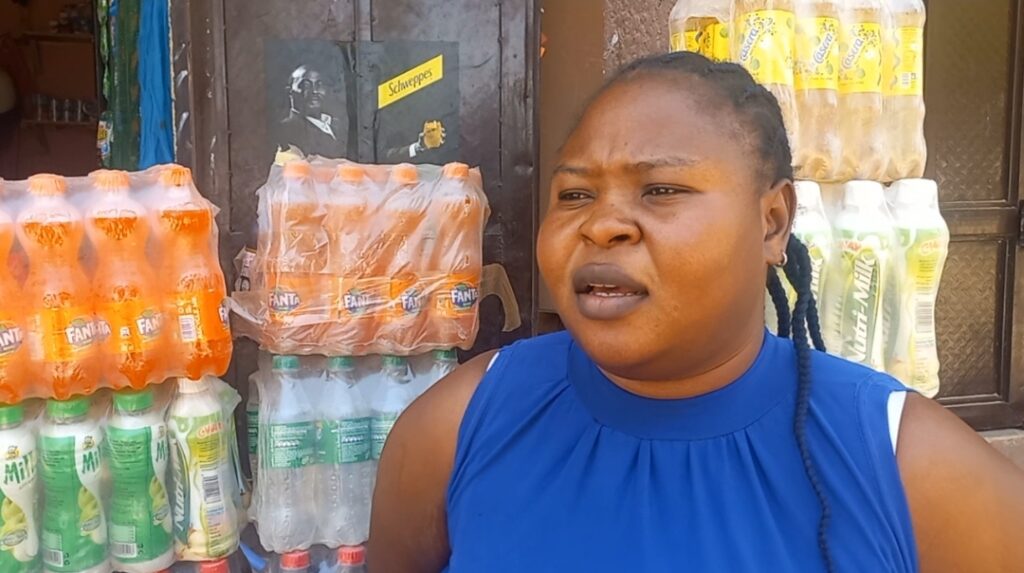
“I find it tough transporting myself daily from the barracks where I live to my shop due to fuel scarcity and non-availability of cash,” she said. “I pay double the amount for transport to get to my shop – yes, the commercial cab guys will take N300 instead of the usual N150 per drop. In the past, things get better during the elections because the government introduced friendly policies. But now, the closer to the election, the more difficult life becomes.”
Talatu said she would still have to vote despite her economic challenges because the polling unit where she votes wasn’t far away from her home within the barracks.
“I won’t sell my PVC as some have threatened to do because my vote is the only power I have to make things right,” she said.
Better deal
Madam Inipin, who runs a roadside restaurant at a local open market, Kasuwa Fara, in Maiduguri, sees the hardship caused by the cash scarcity as a phase that would come to pass.
Madam Inipin, food vendor in Maiduguri. Photo credit: Abdulkareem/HumAngle
“It is tough, but that won’t stop me from participating in the election,” she said.
Selling her cooked rice, beans and stew for as low as N100 to customers, the young woman, who is in her mid-30s, said she had voted only once.
“The first and last time I voted was in 2015, but I have decided to vote now because I wanted a better deal from our leaders,” she said.
“Things are tough now, I know, but that doesn’t mean I should find fault in the president – he has done his best. It is time to select another leader with the hope that he would learn from the present mistakes of Buhari.”
Dauda Sebastian, a young man in his mid-20s, said that poor people suffer more from cash and fuel scarcity than anyone else.
“Poor people are paying more to get services or to buy food,” he said.
“Many don’t even get the cash to spend because the banks are not issuing enough cash, and people are hungry. But that won’t deter me from voting because I wouldn’t want to deny myself that right again.”
Give up
Taiba Faseun, a businesswoman in Maiduguri, said she wouldn’t be voting in the coming elections because INEC has failed to transfer her polling unit.
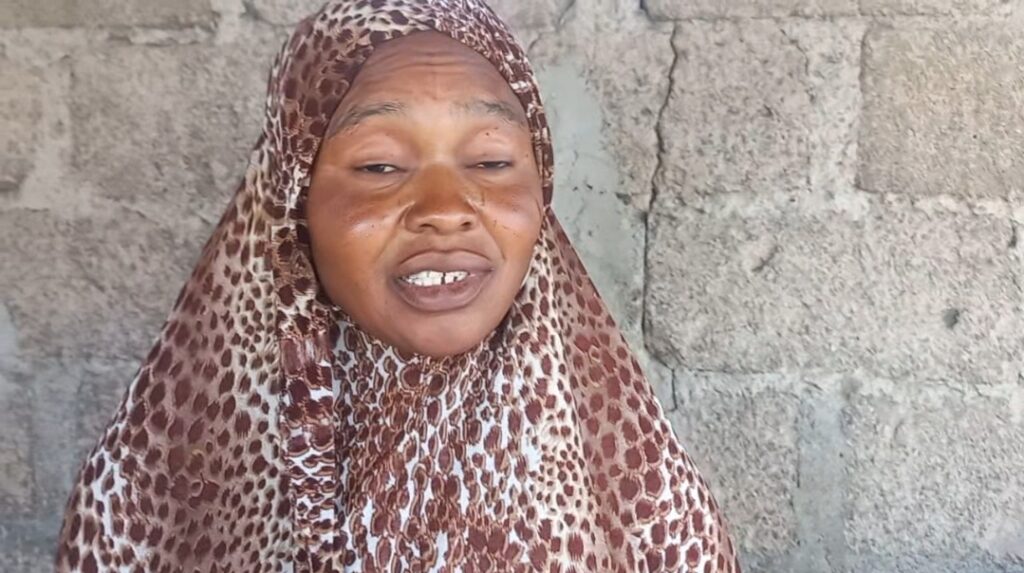
“My polling unit used to be in Lagos, and I applied for a transfer to Maiduguri, but that doesn’t work. When I went to Lagos to complain, they said it had been transferred to Abuja, and I don’t reside in Abuja, so I have no option but to give up.”
Support Our Journalism
There are millions of ordinary people affected by conflict in Africa whose stories are missing in the mainstream media. HumAngle is determined to tell those challenging and under-reported stories, hoping that the people impacted by these conflicts will find the safety and security they deserve.
To ensure that we continue to provide public service coverage, we have a small favour to ask you. We want you to be part of our journalistic endeavour by contributing a token to us.
Your donation will further promote a robust, free, and independent media.
Donate HereStay Closer To The Stories That Matter




